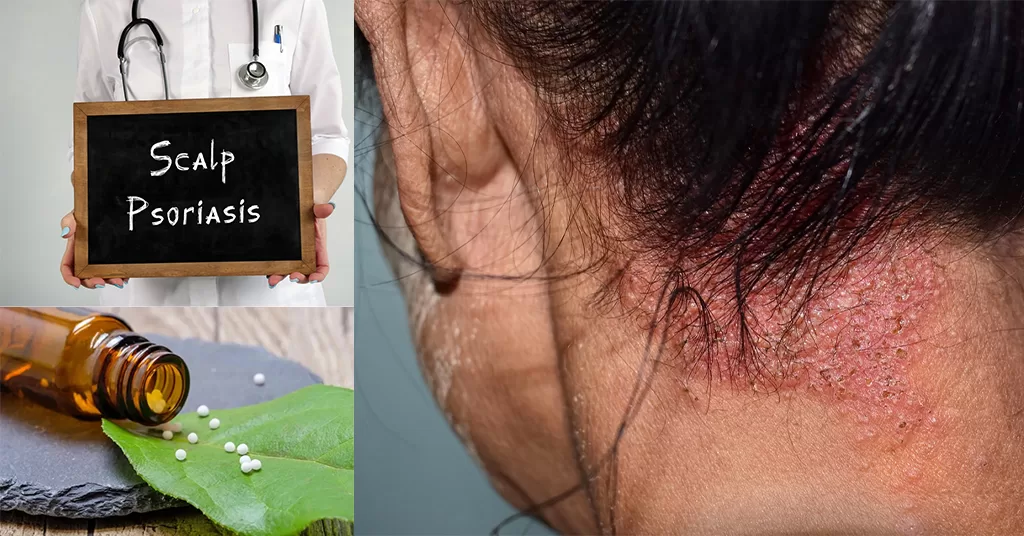Psoriasis is a chronic autoimmune skin condition that affects millions of people worldwide. Its diverse manifestations, including scalp psoriasis, plaque psoriasis, inverse psoriasis, and psoriatic arthritis, make it a complex disorder that requires careful management and treatment.
Types of Psoriasis:
Plaque Psoriasis:
Plaque Psoriasis is the most common form of this skin condition, characterized by raised, red patches covered with a silvery-white buildup of dead skin cells. These patches, known as plaques, often appear on the elbows, knees, and scalp. The condition results from the immune system mistakenly attacking healthy skin cells, leading to rapid skin cell turnover.
Scalp Psoriasis:
Scalp Psoriasis affects explicitly the scalp, causing red, itchy areas with silvery-white scales. These scales may extend beyond the hairline, leading to discomfort and self-consciousness. scalp psoriasis treatment often involves medicated shampoos, topical steroids, and, in severe cases, oral medications.
Inverse Psoriasis:
Inverse psoriasis presents itself in the folds of the skin, such as the armpits, groin, and under the breasts. Unlike plaque psoriasis, it appears as smooth, red lesions without the typical scaling.
Psoriatic Arthritis Symptoms:
Psoriatic Arthritis is an inflammatory arthritis that affects some individuals with psoriasis. Recognizing the symptoms early is crucial for effective management. Common symptoms include joint pain, stiffness, and swelling, which can affect any part of the body. In severe cases, psoriatic arthritis can lead to joint damage. Promptly seeking medical attention is essential for developing a comprehensive treatment plan that addresses skin and common symptoms.
Psoriasis Vulgaris:
Psoriasis Vulgaris is a general term referring to the chronic, plaque-forming variety of psoriasis. It encompasses the classic symptoms of plaque psoriasis, including well-defined plaques of red, inflamed skin with overlying scales. The term “vulgaris” here doesn’t imply rudeness but is used in a medical context to denote common or typical manifestations.
Psoriasis Treatment:
The treatment landscape for psoriasis has evolved significantly in recent years, offering a range of options tailored to individual needs. While there is no cure, effective management can relieve symptoms and improve quality of life.
Homeoathic Medicines:
Homeopathic Medicines, a trending class of drugs, target specific components of the immune system involved in psoriasis. They have shown remarkable efficacy in managing psoriasis symptoms and preventing progression.
In conclusion, understanding the various types of psoriasis, recognizing psoriatic arthritis symptoms, and exploring the available psoriasis treatment options are essential for effectively managing this chronic condition. Advances in homeopathic medical research providing psoriasis medicine, continue to provide hope for improved therapies and, perhaps one day, a cure for psoriasis. If you or someone you know is affected by psoriasis, consulting with a psoriasis homeopathic doctor is the first step toward finding an individualized psoriasis treatment by homeopathy plan that addresses specific needs and concerns.


